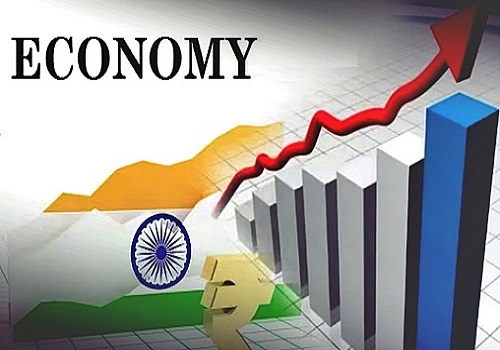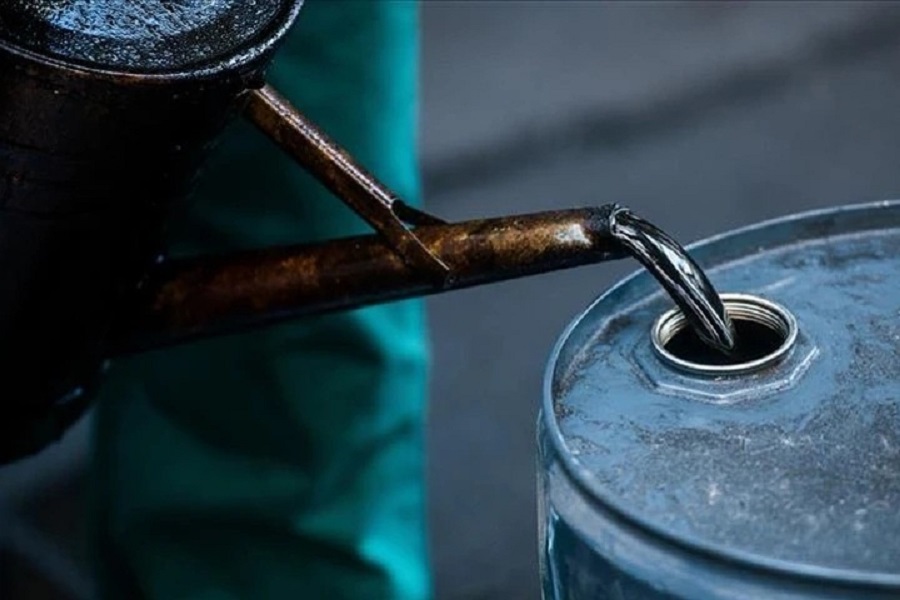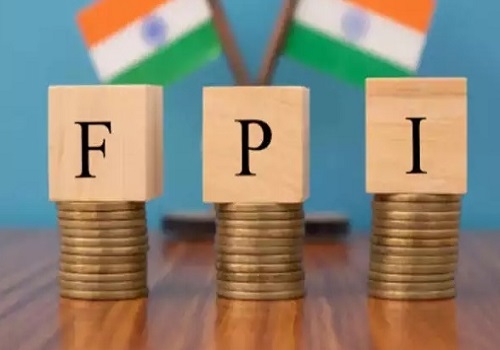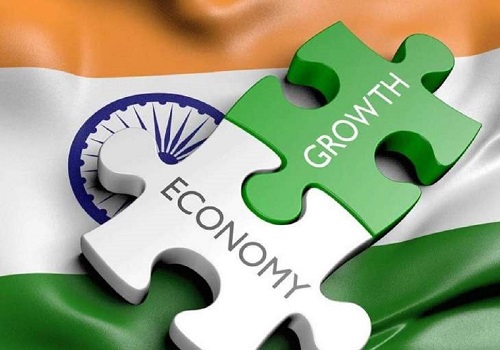Bengal Budget : State's accumulated debt to rise to Rs 6.47L cr by March 2024
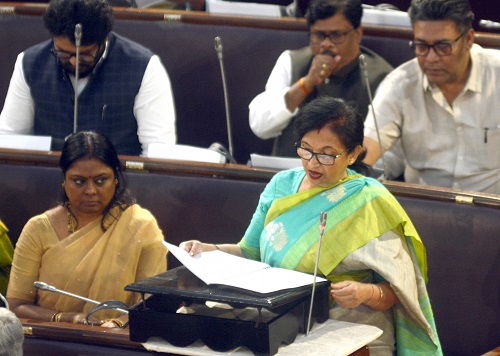
As West Bengal's Minister of State for Finance, Chandrima Bhattacharya, presented the state Budget for the financial year 2023-24 on Wednesday, the budget documents projected the total accumulated debt of the state government to rise to Rs 6,47,825.52 crore by the end of the fiscal under review.
This means that the accumulated debt figures by March 2024 will rise by 10.40 per cent from the figures of Rs 5,86,124.63 crore as per the revised estimates for 2022-23. As of March 2011, which was the last year of the previous 34-year long Left Front regime, the accumulated debt was around Rs 1,97,000 crore.
This means that the state's per capita debt, which is currently standing at Rs 59,000, will rise further by the end of March 2024. Economists have pointed out that alarming signal about the accumulated debt was evident in the latest CAG report, which pegged the debt to gross state domestic report (GSDP) ratio at 37.05 per cent for the financial year of 2020-21, up from 35.68 per cent in 2018-19.
Economists are of the opinion that if this upward trend of accumulated debt continues, West Bengal will surely be inching towards a debt trap situation. A debt trap situation is a point where the state has to go for fresh borrowings just for servicing the older debts and that situation comes when the debt to GSDP ratio reaches 50 per cent.
As per the Budget documents, during the fiscal ending March 2024, the state government will have to shell out Rs 73,303.68 crore for repayment of principal and interest on earlier borrowings, as mentioned in the Budget estimates for the fiscal under review, up from Rs 69,691.79 crore as mentioned in the revised estimates for 2022-23.
According to economists, servicing of old debts comes under the head of revenue expenditure where there is no asset creation, which happens under capital expenditure. They also feel that the phenomenon of revenue expenditure being too high leaving little reserve for capital expenditure is not at all a healthy sign for any state finance.




